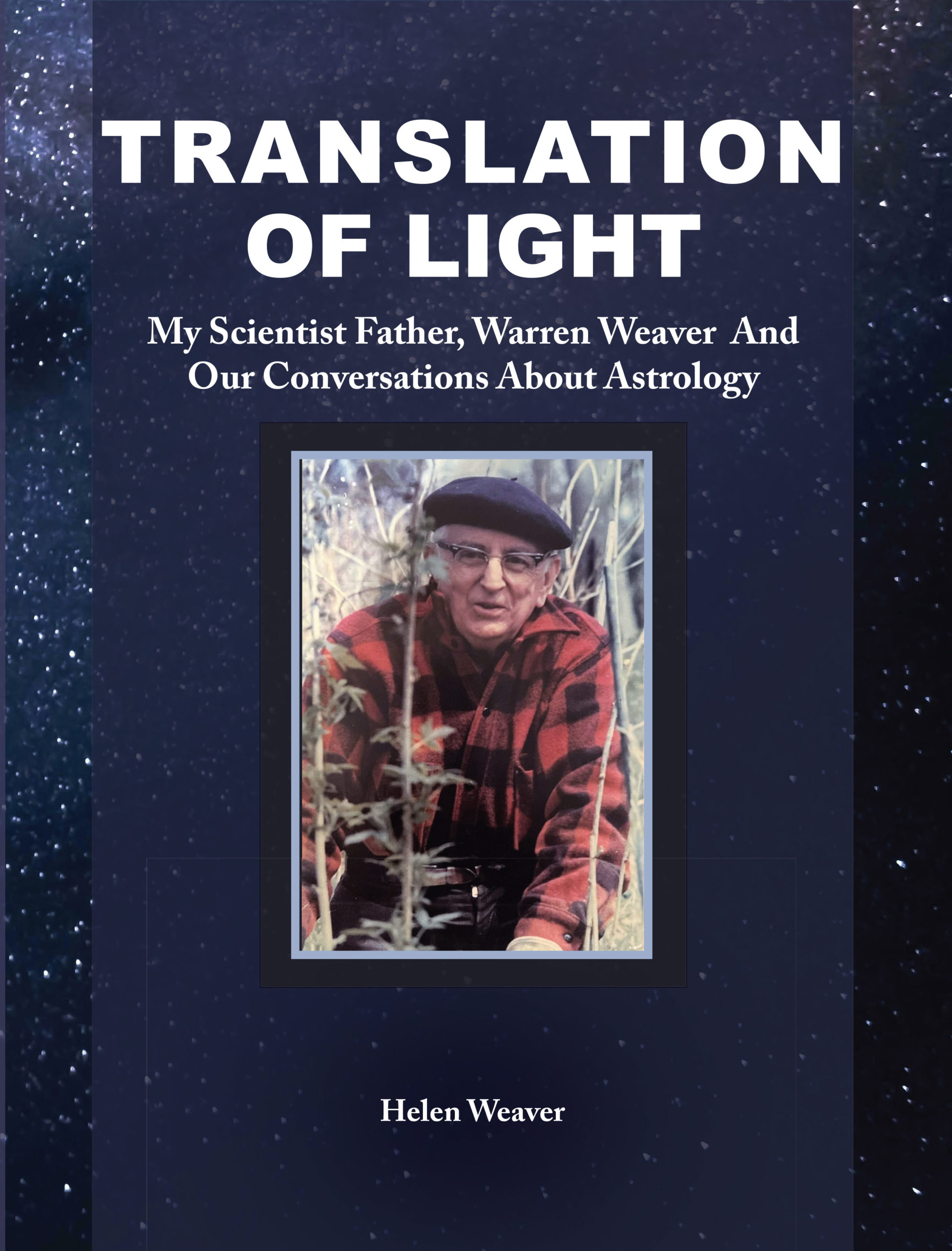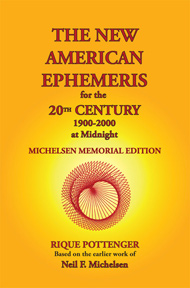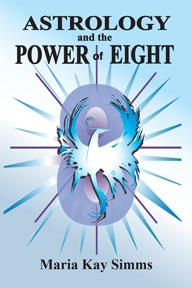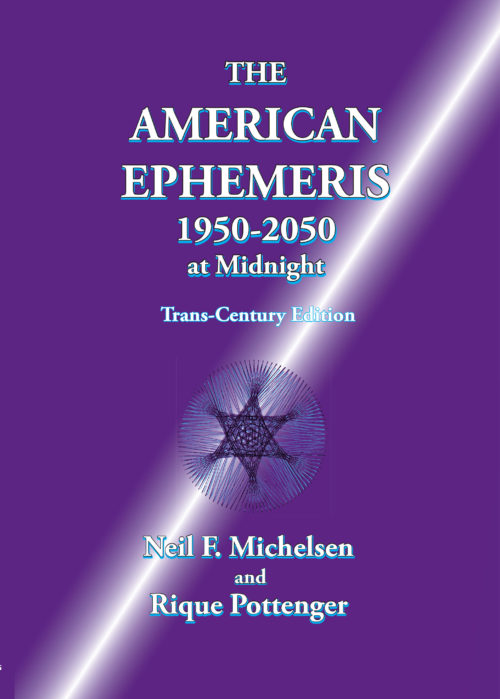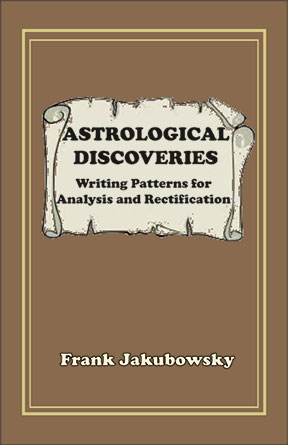This book is actually two books.
In the first place, it’s a book about my father, the late Warren Weaver, a distinguished scientist and mathematician – so distinguished, in fact, that New York University named their math building Warren Weaver Hall. Vice president and director of natural sciences at the Rockefeller Foundation, world traveler, author of seven books and hundreds of articles, and a brilliant, kind, and charming man, he was my hero. This is a book about my father and me. So I guess you could call it a memoir.
But it’s more than that. Sometime in the sixties my father became mildly alarmed when I became a serious student of astrology. He was concerned that his intelligent, well-educated daughter, as he believed me to be, could wish to devote her time to such an activity.
For years, we couldn’t talk about it at all. Eventually we began discussing it politely in letters and finally, toward the end of his life, when I was interviewing him on tape about his life and travels, he became intrigued by what he called the astrological hypothesis, and we found ourselves engaged in a dialogue about astrology and science. We planned to write a book, to be called Dimensions of Personality (his title). But shortly after we began work on that project his health took a turn for the worse, and when Knopf offered me a major translating job, he urged me to take it. When I received the manuscript – it was 1200 pages – I knew that the book that Dad and I had planned to write was not to be. He died in 1978.
Nevertheless this is, secondly, a book about astrology. It’s not the book that Dad had in mind – that book was made impossible by his death – but it’s as close to that book as I can get. For example, Dad wanted our book to be in dialogue form – a traditional form of exposition in the history of Western philosophy – so I have incorporated some of our conversations that made it onto tape. He thought our book should include a history of astrology, for he had always felt that something with a long history should not be disregarded. So with the help of some modern astrologers and academics who have specialized in the subject, I have put together a little history of astrology. And since at 72 pages it is too long to go in the so-called memoir, I have relegated it to an appendix. Also in an appendix is a discussion of the birth charts of the Weaver family which seemed too technical for the non-astrologer. If this is a book about my father, why is there so much about me? Because I want to show how each of us developed a philosophy that made possible such an unusual meeting of minds. And when I discuss the birth charts of the Weavers, the reader needs to know enough about both Dad and me to see how astrology works.
Because it does work! For as the great astronomer Johannes Kepler, who discovered the three laws of planetary motion, wrote, “The belief in the effect of the constellations derives in the first place from experience, which is so convincing that it can be denied only by those who have not examined it.”
Astrology, the study of the stars, is at least 7,000 years old: almost as old, if not older than, recorded history. For all but the last three centuries of that time, astrology has been closely associated with astronomy. In ancient Babylonia and Egypt observation of the heavenly bodies was the province of a priestly class who also engaged in the prediction of terrestrial events.
